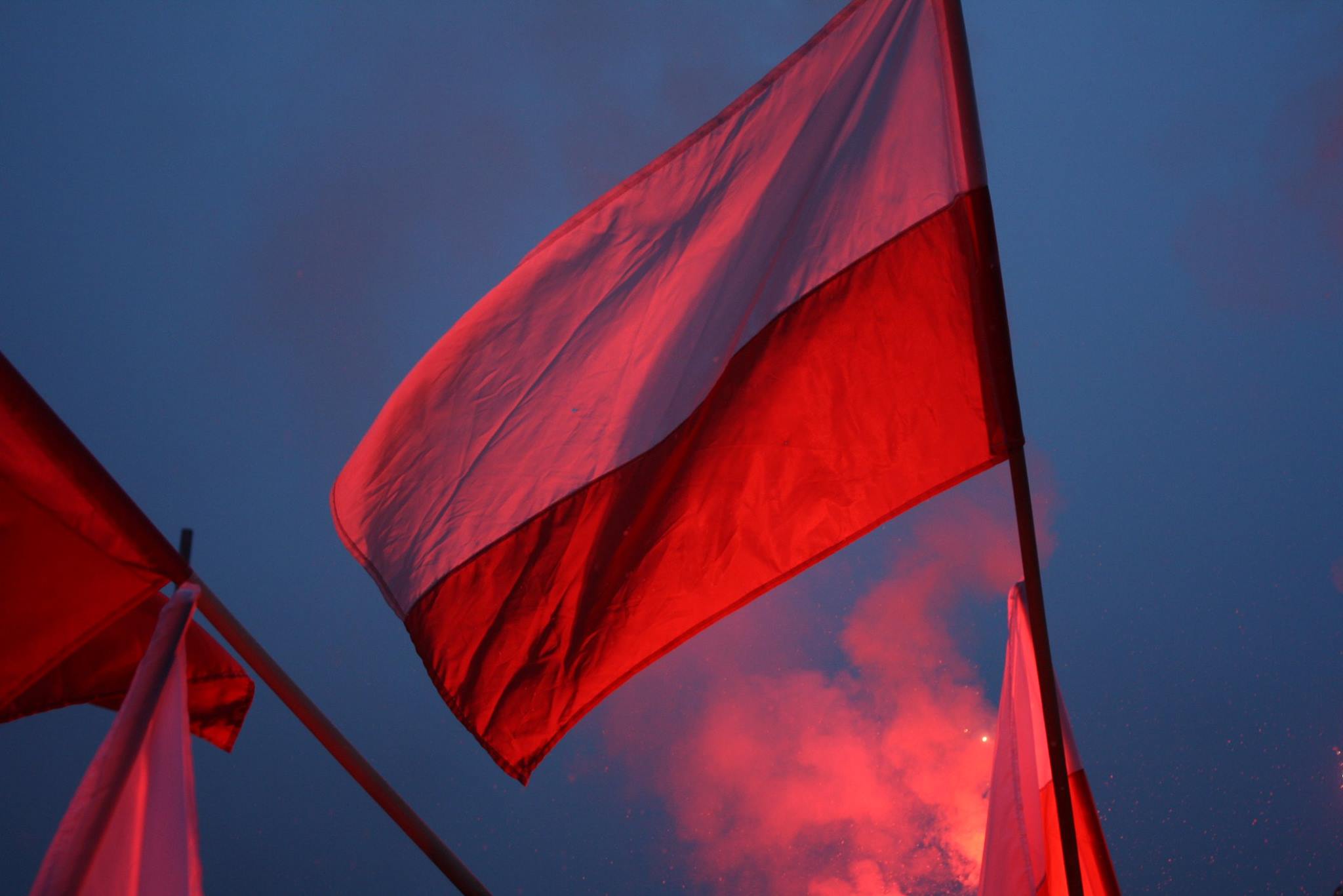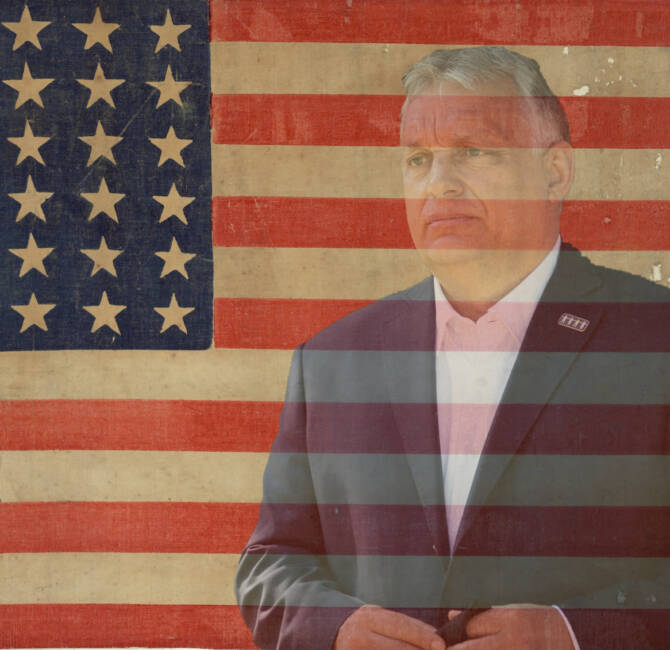By Olivier Bault.
Poland, Lithuania – While Poland and Lithuania have common interests to defend against Germany and Russia – the opposition against the gas pipeline project Nord Stream 2 is lead by Poland and the three Baltic countries –, they have had two big bones of contention over the last few years : the rights of the Polish minority in Lithuania and the refinery of Mažeikiai bought 2006 by the Polish PKN Orlen from the Russian Yukos that just got dismantled.
Concerning the Polish minority, the dispute relates to school education in Polish language, bilingual signs for street and city names, as well as the usage of Polish characters in Lithuanian identity documents. Like the two other Baltic republics – Latvia and Estonia –, Lithuania is seeking to forge a homogeneous identity based on its national language and culture after years of Russian colonisation during the Soviet occupation, and the Poles have to bear the costs of this policy. What is less known in Poland is that the organisations of the Polish minority in Lithuania are very pro-Russian and pro-Putin, and that this without doubt does contribute to make the successive governments in Vilnius less inclined to give in to their demands, even though with over 84 % of Lithuanians among its 2.8 millions of inhabitants altogether, Lithuania is not really to fear the weight of the Russian (5.8 % of the population) or of the Polish (6.6 %) minority.
Concerning the refinery of Mažeikiai, the only one in the Baltic countries, although the Lithuanians had principally a strong interest in seeing it rather in the hands of the Polish public oil company PKN Orlen than in the ones of the Russian Rosneft, that also wanted to buy it, they have caused them all possible troubles during a lot of years, so far that the government of Donald Tusk considered getting rid of it and selling it to the Russians. To give an idea of the atmosphere prevailing at that time, the famous secret phone tapping – whose disclosure has contributed a lot to the crushing defeat of Donald Tusk’s party at the elections 2015 – provided us a conversation that took place in February 2014 between the Polish Minister of Foreign Affairs Radosław Sikorski and the chairman of
PKN Orlen Jacek Krawiec. On this recording, both Poles are complaining about the attitude of the Lithuanians who make the Polish public company to lose billions, wherefore Sikorsi calls them “SOB’s“. And the idea of both men for getting rid of this onerous investment while retaliating against the Lithuanians is to propose a majority package of shares of the Lithuanian refinery to the Russian Igor Sechin, chairman of Rosneft and a close ally of Vladimir Putin, of whose government he had been a member as Deputy Prime Minister from 2008 to 2012. The Polish Minister of Foreign Affairs explains to the chairman of PKN Orlen that he will lose money, because Sochin will not be ready to pay as much as he had been 2006, but that he wants to “educate the Lithuanians for them to understand that they cannot shit on Poland without a sanction“ (sic). “When two guys are running away and a bear is appearing,“ Sikorski explains to his counterpart, “one of both says to the other one: listen, he’s going to kill both of us because none of us is running faster than a bear. And the second one answers: right, but I do run faster than you.“
And of course, the bear is Russia. The Russian company Transneft had cut in July 2006 the oil deliveries to the refinery of Mažeikiai after it had been bought by PKN Orlen under the nose of the Russians, pretending to have technical problems on their pipeline. After the “repair“, they had restarted the supplies to Belarus but not to Lithuania. Furthermore, a blaze had caused a lot of damages at the autumn 2006 in the refinery for the purchase of which PKN Orlen disbursed 2.3 billions dollars in that year. Together with the subsequent investments PKN Orlen paid around 4 billions dollars for the acquisition of the Lithuanian refinery that they renamed Orlen Lietuva.
Yet 2008 the Lithuanian railway company Lietuvos Geleżinkeliai (LG) removed the 19 km railroad that connected the refinery with the Latvian town of Renge, which obliged Orlen Lietuva henceforth to have its tank cars to make a detour of 150 km and to pay the supplementary costs invoiced by LG. After years of dispute, Orlen Lietuva initiated 2014 an arbitration procedure against Lietuvos Geleżinkeliai and Lithuania was condemned by the European Commission to pay a penalty of 28 millions euros. As a result of the procedure, the Lithuanian railway company also had to commit itself to rebuild until 2019 the railroad dismantled in 2008.
Instead of trying to sell the Lithuanian refinery to the Russians, as the liberals of the Civic Platform (Platforma Obywatelska) had considered doing, the very Atlanticist PiS government in power since the autumn 2015, seeked to find a solution with the Lithuanians about the different thorny issues that had poisoned the bilateral relations since such a long time. As soon as December 2015, Mateusz Morawiecki – who was still Minister of Development and Deputy Prime Minister in the government of Beata Szydło at that time – informed his Lithuanian partners that Poland had no intention of selling the refinery of Mažeikiai. And on the contrary, he discussed with them about a project of oil pipeline in order to bring the oil from the refinery to the Lithuanian harbour of Klaipėda. Let us precise here that the Russian oil pipeline has still not been “repaired“ and that the crude oil treated by the refinery is forwarded from the Lithuanian harbour of Būtingė. This situation shows once again to which extent the hydrocarbons sold by Russia are a political weapon in the hands of Moscow rather than an object of commerce. This explains why the CEE countries do oppose the gas pipeline project Nord Stream 2 and are trying to diversify their gas and oil suppliers even if they have then to pay a little more.
At the beginning of March this year, Mateusz Morawiecki, who is the Polish Prime Minister now, met his Lithuanian colleague Saulius Skvernelis in order to seal the reconciliation between both countries. The agreements signed at the occasion of this visit concern not only the cooperation on energy but also the ferry connections, the broadcast of Polish TV chanels in South-Eastern Lithuania, school exchanges, the situation of the Polish minority in Lithuania as well as the questions connected with the European Union, for which both Poland and Lithuania are taking a common position. Morawiecki also took the opportunity to thank the Lithuanians for their full support for Poland in the conflict opposing Warsaw to the European Commission.




